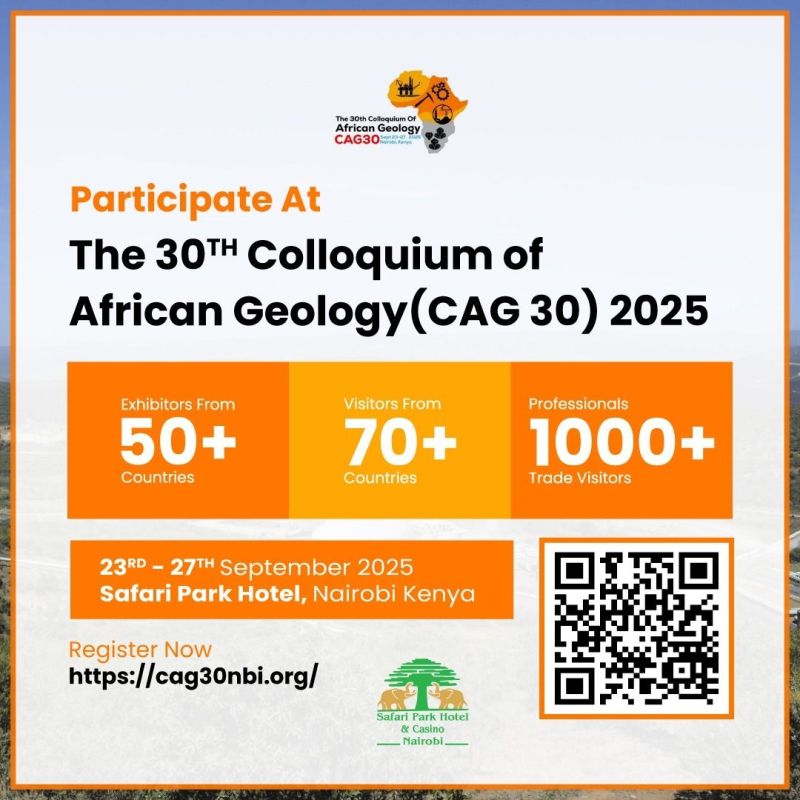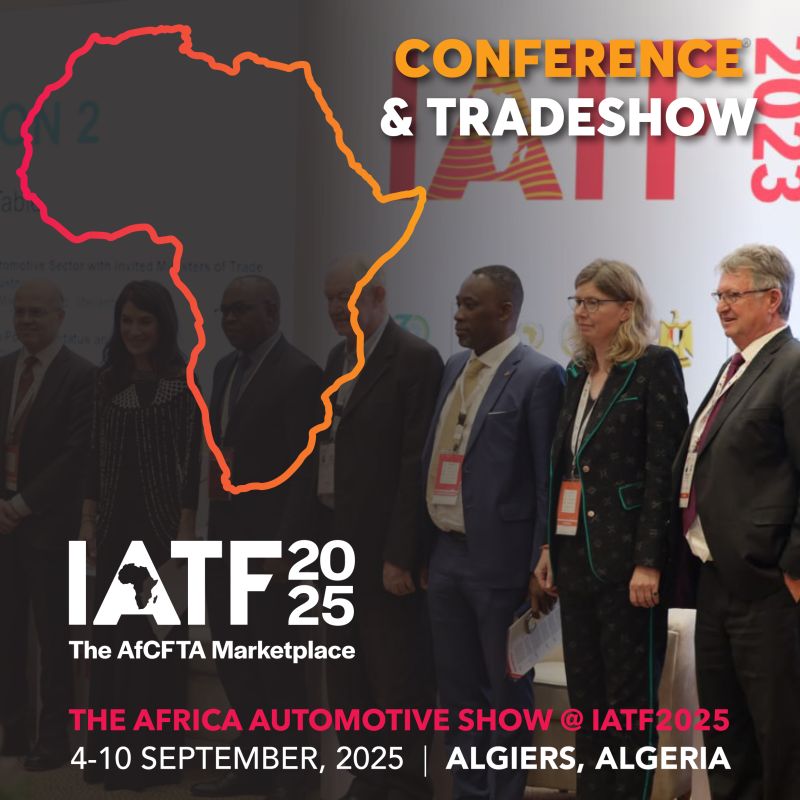Despite repeated calls for African nations to diversify their economies, a sharp decline in international project finance is thwarting efforts to reduce dependence on raw commodity exports, new research has revealed.
A report released by the United Nations Conference on Trade and Development (UNCTAD) on July 21 highlights that over 80% of the world’s least-developed countries still rely heavily on commodity exports, particularly in Central and West Africa. These nations earned more than 80% of their export revenues from primary commodities such as oil, gas, minerals, and agricultural produce between 2021 and 2023.
Commodity dependence—defined as a scenario where more than 60% of a country’s exports are primary goods—poses a significant barrier to economic stability and industrial development. The volatility of global commodity prices exposes these economies to boom-and-bust cycles that limit fiscal resilience and long-term planning.
“Entrenched reliance on these primary products hinders industrial development and threatens countries’ fiscal stability when global prices go volatile,” the UNCTAD report warns.
Read Also: Powering Progress: Barrick Reinforces Tanzanian Gold Mines with Hybrid Energy Strategy
Finance Falling Short
While diversification and value addition are critical to reversing this trend, achieving them requires substantial infrastructure investments—investments that are increasingly hard to secure due to declining project finance activity across the continent.
According to a July 18 report by the Bank for International Settlements (BIS), international project finance deals in Africa fell by 13% in 2024, mainly in the infrastructure sector. Tighter global financing conditions, combined with investor hesitancy due to uncertain interest rate trajectories, have resulted in widespread delays and cancellations of large-scale development projects.
This trend is not new. UNCTAD’s previous findings show that international project finance in Africa dropped by 50% in value in 2023, after already falling 20% in 2022. The transport sector, vital for trade integration and regional connectivity, saw a collapse—just two international finance deals were recorded in 2023, down from eight in 2022, representing a 92% plunge in value.
Ironically, while infrastructure investment shrinks, the need for it has never been greater. Intra-African trade, considered one of the continent’s best chances at economic resilience, is being stifled by poor road networks, insufficient logistics, and border inefficiencies. BIS points to these “key non-trade barriers” as major obstacles to implementing the African Continental Free Trade Area (AfCFTA).
Export Credit Uptick Offers Some Relief
There has been a modest recovery in infrastructure finance from export credit agencies and multilaterals. Data from the Berne Union shows that new medium-to-long-term export credit and political risk insurance commitments reached US$13.4 billion in 2024—up from 2022 and 2021, though still short of the 2023 peak of US$16 billion.

The resurgence has been driven by renewed interest from export credit agencies and international financial institutions. However, given Africa’s urgent infrastructure needs, these figures remain insufficient.
Commodities: Still Dominant, Still Declining
Over the past decade, Africa’s earnings from commodity exports have fallen by more than US$25 billion. This is largely due to the decreasing value of energy exports from oil giants like Nigeria, Angola, and Algeria, triggered by low global oil prices and a shift toward renewable energy.
Energy’s share in Africa’s commodity exports has declined from 52% to 45% over ten years. In contrast, agricultural goods and metals are beginning to grow, but not at a pace fast enough to offset energy losses or transform national economies.
“By exporting our raw materials, we export our jobs,” said Hassatou Diop N’Sele, CFO of the African Development Bank, in a recent interview with Radio France International. “Our products lack added value. That’s why it is so important to speed up implementation of the African Continental Free Trade Area.”
A Call to Action
UNCTAD urges African governments and their partners to adopt targeted policies and strategic investments that build industrial capacity, expand market access, and reduce reliance on volatile commodity markets.
This requires long-term planning, regional cooperation, and most importantly, robust and sustained investment in transport, energy, and industrial infrastructure. Without these, Africa’s immense natural wealth will remain a missed opportunity rather than a foundation for sustainable and resilient growth.















